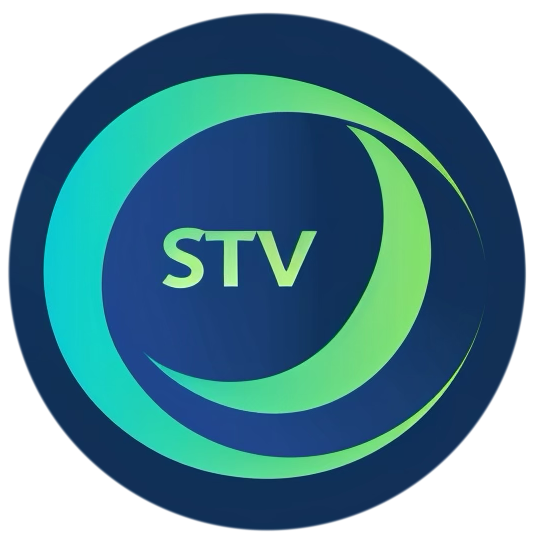Researchers Resource Hub (RRH)
Knowledgebase FAQ
What is an artifact?
An artifact is a document, audio or video file.
Where did you get your artifacts?
Primarily by contributions from the community. Additionally we have also gotten artifacts from other archivists such as Avalon (https://avalonlibrary.net), the Internet Archive (https://archive.org), Sacred Texts (https://archive.sacred-texts.com) and Global Grey Books (https://www.globalgreyebooks.com). We have also have purchased repositories from archivists. If you have an archive that meets our Terms of Service, we will consider purchasing your archive for a fair price. Reach out to us a contact@shatter-the-veil.com.
We highly urge any contributions you make to the public knowledgebase, that you also contribute back to the Avalon Library and The Internet Archive -- as these are also public, free archives.
We highly urge any contributions you make to the public knowledgebase, that you also contribute back to the Avalon Library and The Internet Archive -- as these are also public, free archives.
Why cant I just use ChatGPT instead?
When should I use semantic search vs full text search (FTS)?
Use FTS when you need to find specific words (Ra OR King Tut?), and use semantic search when you want to find information based on the meaning or context, even if you don’t know the exact words to use (Who built the pyramids?).
How can I see the source artifacts?
When you click on the context menu on a result, there will be a link to the source artifact.
How long will it take for me to be able to perform research on my artificats?
Subscribers will have their contributions prioritized, but all uploaded artificacts will be processed ASAP.
Why do I have to upload artifacts in the esoteric subject matter only?
This knowledgebase is limited to this subject matter so researchers can focus without distraction on their esoteric related research. However, if you subscribe to Shatter the Veil you can have your private knowledgebase with artifacts of any subject matter that meets our Terms of Service.
Why can I only search 3 categories at a time?
Searching more cetegories creates a strain on our resources. However, subscribers can search up to 10 categories at a time.
Why is it that the semantic search returns a different number of results each time?
The semantic search is based on the AI-LLM which is a probabilistic model. This means that the results will vary each time you search. We also base the results on the similarity score.
Why can I only summarize a limited number of search results?
Based on the AI-LLM there is a limited number of token (words) that it can accept. This is called the context window.
Why are some of the titles weird?
We used a AI-LLM to generate the titles so some of them maybe incorrect. In an upcoming release we will allow you to suggest new titles.
Why is the languague of some of the search results weird?
If the source artifact is audio or video, then the transcription may not be perfect.
Why are some results in the wrong category?
We used a AI-LLM to generate to categorize the artifacts so some of them maybe incorrect. In an upcoming release we will allow you to suggest new categories.
What if I find something that is copywright or inappropriate content?
If you flag the artifact, we will immediately removed it and then review it and take appropriate action. Please read our Terms of Service for more information.
How do I get notifified of additions to the knowledgebase?
* If you have already registered, just login and navigate to your Profile page to Opt In.
How do I work with the AI-LLM?
 Shatter the Veil
Shatter the Veil